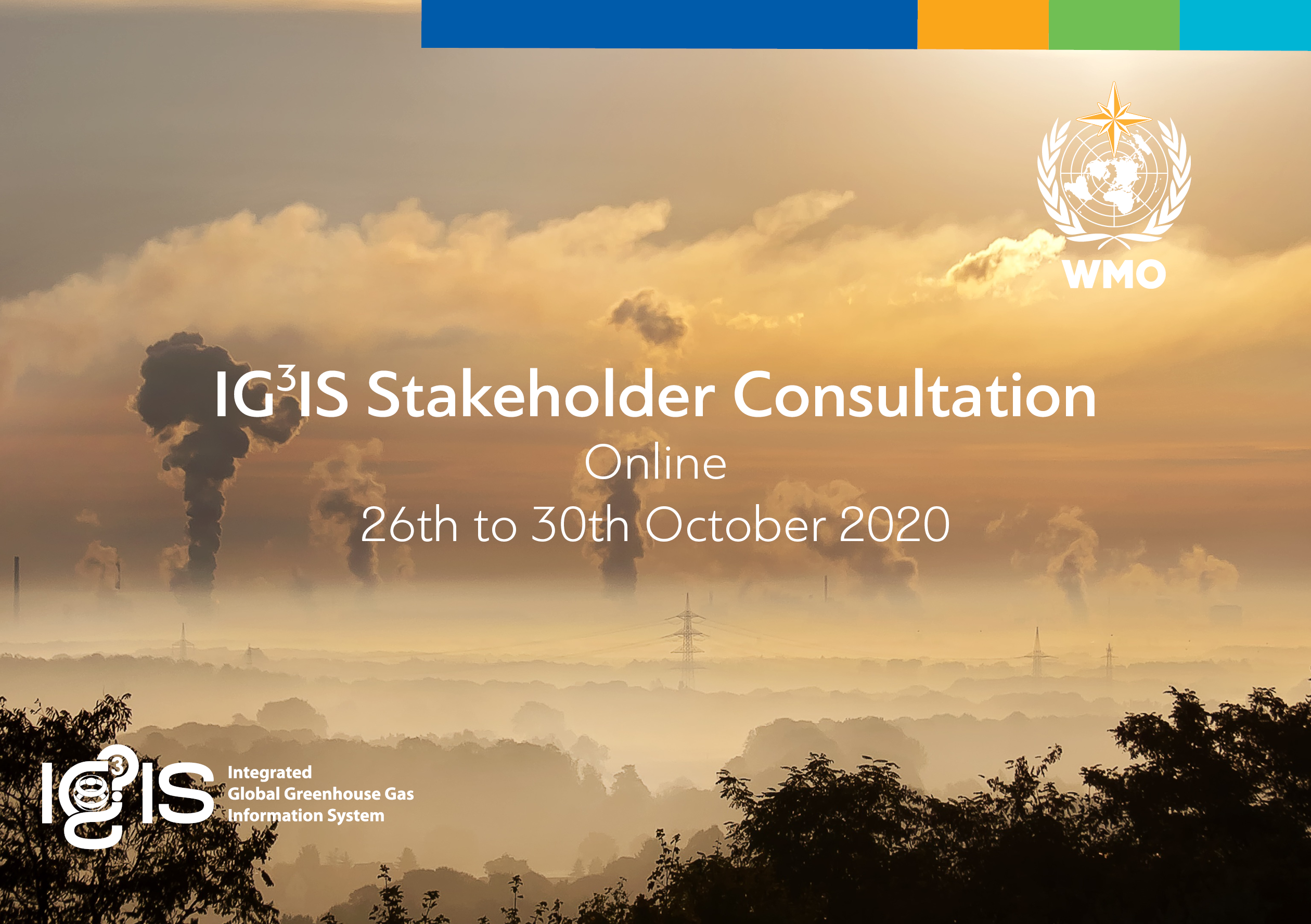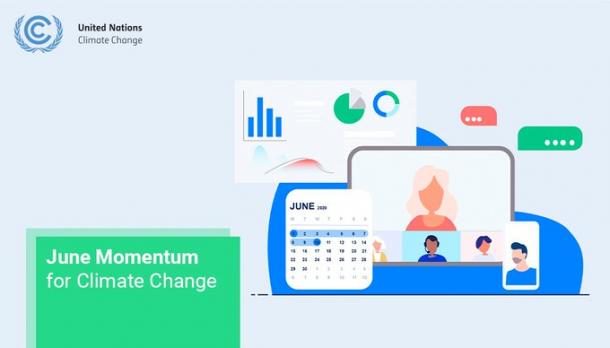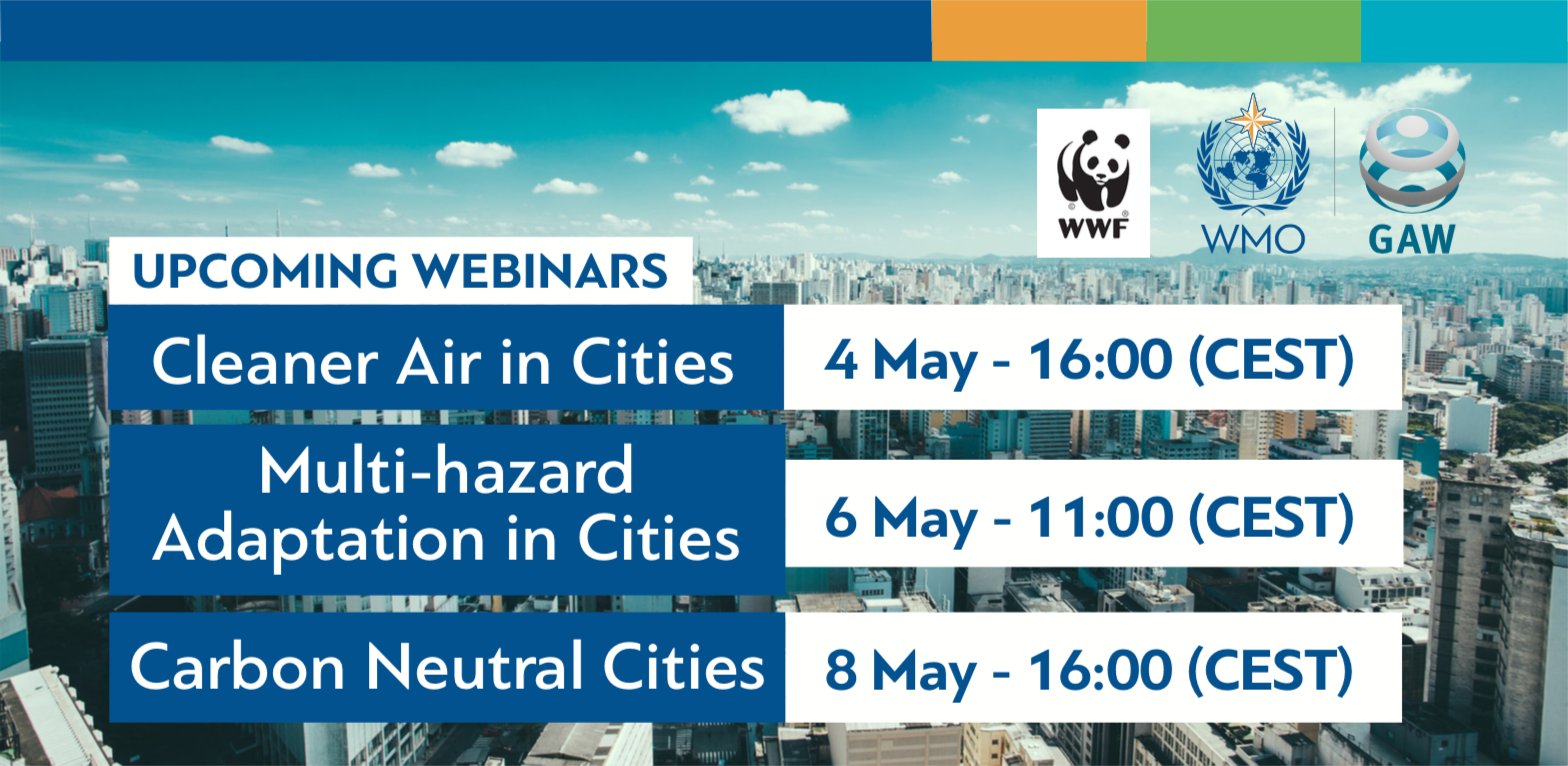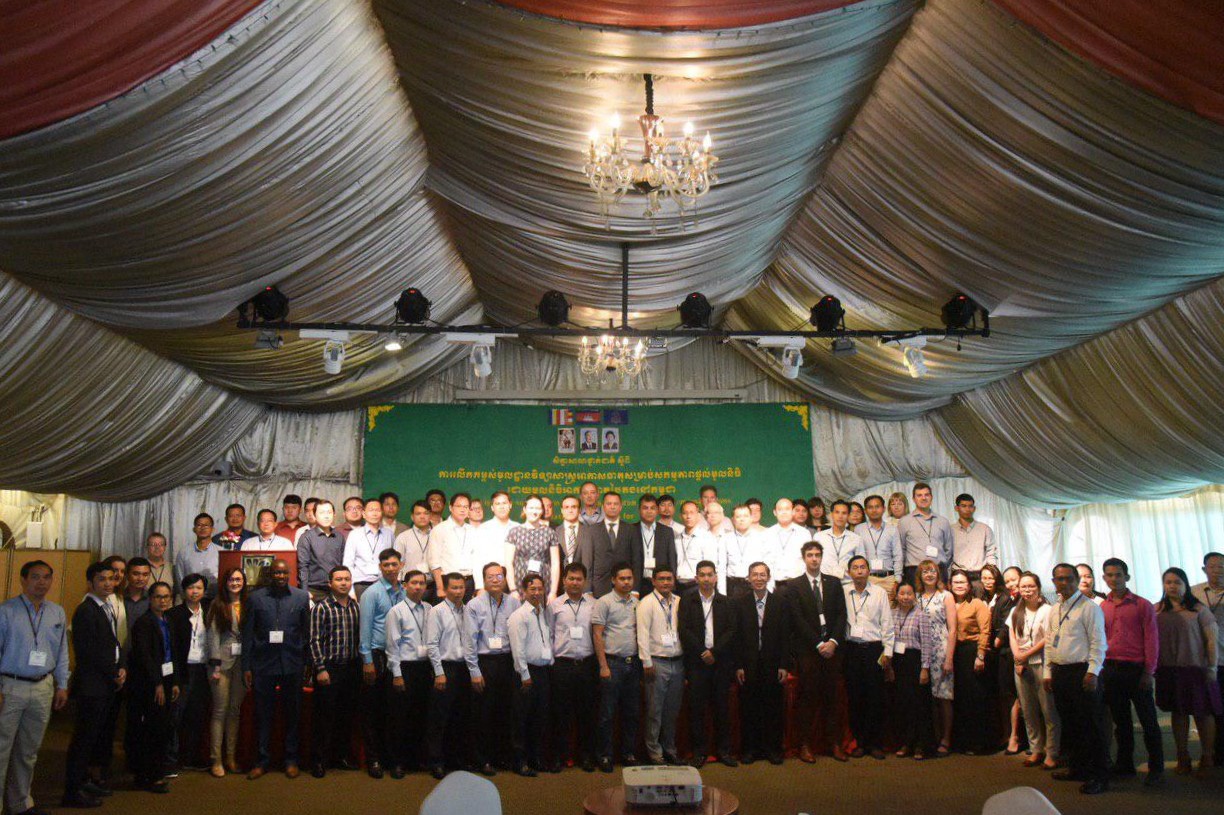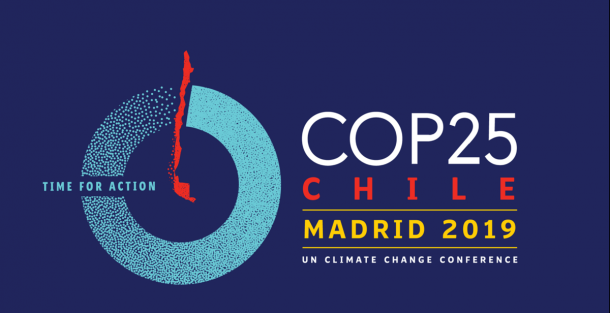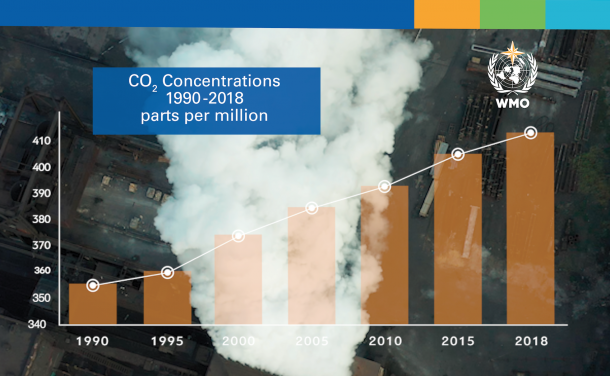In the race to carbon neutrality it is paramount to ensure that mitigation policies and investment are performing efficiently and abating emissions in the most effective manner, thus, monitoring of such performance will be an indispensable step to guarantee not only successful mitigation actions, but also assertive climate finance flows.
IG3IS serves as an international coordination mechanism, linking inventory and flux model-based information with atmospheric observations and modelling, to provide the best possible estimates of greenhouse gas emissions at the national, urban and facility scales. Linkages to stakeholders and policy outcomes are a critical goal of IG3IS. The IG3IS Implementation Plan outlines the IG3IS ambition at a broad scale.
Evidence presented to SBSTA by the Global Carbon Project suggests that the COVID-19 global lockdown may result in a 3-months average of 8% fossil fuel emissions reduction and a peak drop of 17%. This may lead to 4-7 per cent drop in emissions over 2020 (dependent on when lockdown restrictions will be eased). This is much larger than the decrease during the 2008 financial crisis (which subsequently led to a rise in emissions of 6% during the recovery period).
CARBON NEUTRAL CITIES
The city of Paris, which is one of the champions in IG3IS implementation, showcased the use of atmospheric observations to guide its emission reductions and strides towards carbon neutrality
With expert speakers:
- Yann Francoise, Head of Climate, Energy and Circular Economy Strategies, Urban Ecology Agency, City of Paris.
In October 2018, the World Meteorological Organization (WMO) has been engaged as an expert service provider by the Green Climate Fund (GCF). In response to the Paris Agreement call for “Strengthening scientific knowledge on climate in a manner that informs climate services and supports decision-making (Article 7, paragraph 7 (c))”, the GCF initiated an integrated approach to facilitate the generation and use of climate information in decision-making.
The latest climate science from WMO and the Intergovernmental Panel on Climate Change informed negotiations at COP25 in Madrid, Spain from 2 to 13 December 2019.
The WMO Greenhouse Gas Bulletin showed that globally averaged concentrations of carbon dioxide (CO2) reached 407.8 parts per million in 2018, up from 405.5 parts per million (ppm) in 2017.
The increase in CO2 from 2017 to 2018 was very close to that observed from 2016 to 2017 and just above the average over the last decade. Global levels of CO2 crossed the symbolic and significant 400 parts per million benchmark in 2015.
Over 120 scientist from 26 countries convened in the City of Paris for the second scientific symposium of the WMO IG3IS.

